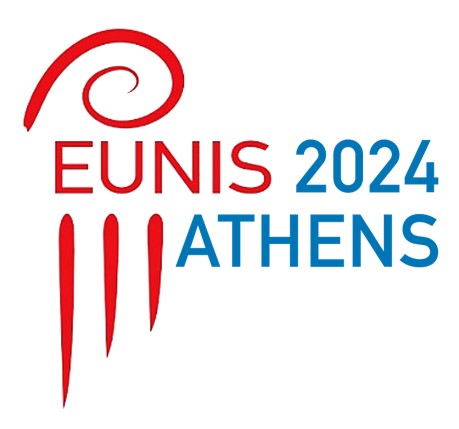This session consists of short presentation outlining the aims and objectives of the VR-PAIN study followed by hands-on
demonstration of pain science clinical reasoning with a patient with chronic low back pain presenting
for physiotherapy appointment.
Workshop Facilitators
Brona Fullen, Harriet Wittink, Sinead McMahon, Joseph G. McVeigh, Eleni Mangina, Vasilopostolos Ouranis and Greg Agriopoulos
VR-PAIN – Physiotherapy Study Hands on demonstration and discussion #42
There is a need to provide a structured approach to enhance physiotherapy students’ development of clinical reasoning skills in pain management. Pain science is a core field in a physiotherapy curriculum and physiotherapists are essential members of healthcare teams managing people with pain. Pain is the main reason people attend physiotherapy.
In physiotherapy programmes clinical placements provide students with the experiential work based learning opportunities to develop and enhance clinical reasoning skills dealing with ‘real’ patients. It accounts for approximately 40% of a programme. Clinical reasoning is the analytical and non-analytical processes and skills carried out when assessing patients. It is a skill integral to practice, influencing decision making processes that determines patients treatment. The landscape for how physiotherapists practice in Europe is changing. It is essential that physiotherapists have the skillset to make evidence based, clinically reasoned decisions. To develop clinical reasoning skills students need opportunities to practice applying their knowledge to clinical cases and to reflect on their diagnostic and treatment decisions. These patient cases can be real or virtual. With capacity for clinical placements at a maximum there can be a lack of opportunity to do so on “real” patients in the first years of training, hindering the advancement of clinical reasoning skills. Within this hands-on experience workshop we will showcase how Virtual Reality (VR) technology can provide an attractive pedagogical strategy and can act as a facilitator of knowledge retention, clinical reasoning, improved satisfaction with learning, and finally improved self-efficacy through the immersive experience.
Additionally, it can also support standardization of 3D teaching and learning content for clinical reasoning among higher education institutions in different countries, as it is instructor independent.
Download the presentation

